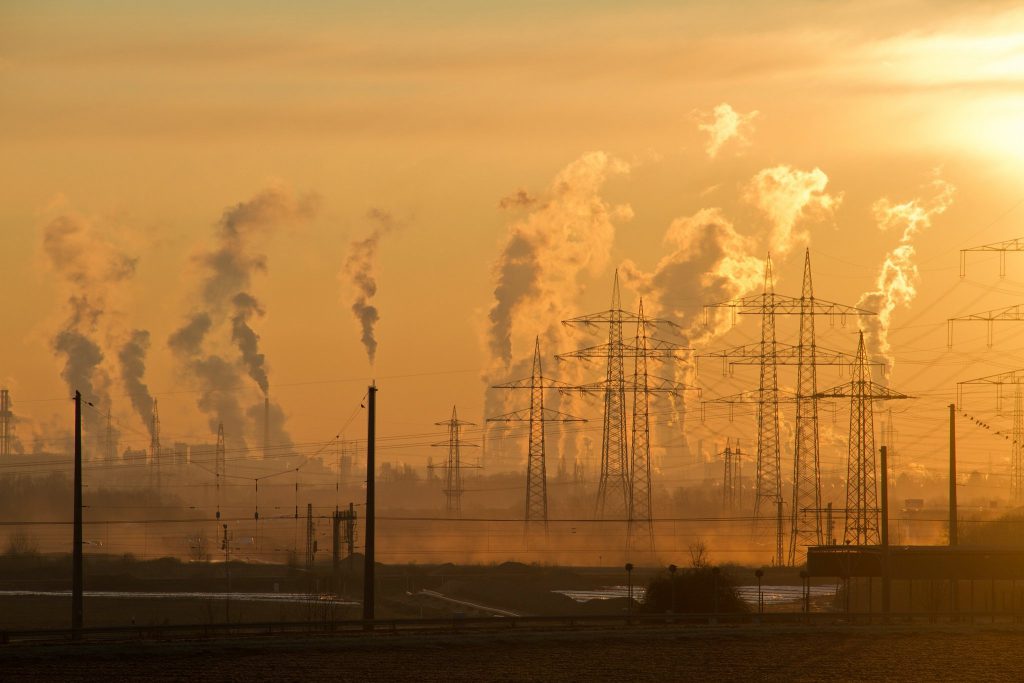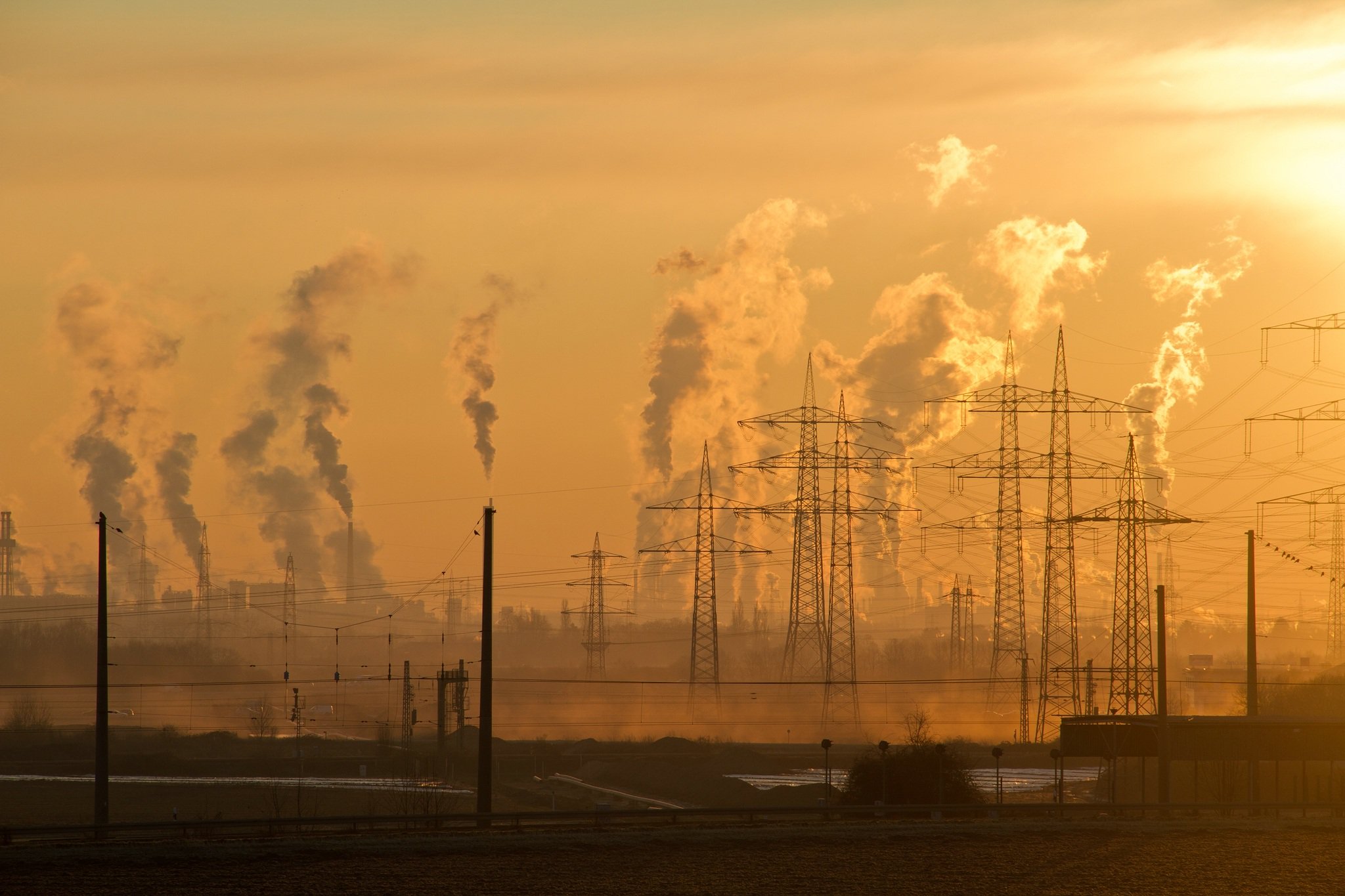[This article is a repost – the original is here: Behavioral Scientist]

I will admit that I sometimes fall into the climate-doomism camp. As a sustainability and behavioral scientist steeped in a steady stream of information about how much we have to do and how often we fail to do it, it can be hard to feel optimistic. I was surprised—then chastened, then angered—when I realized that my climate despair might actually be a tool being wielded by those looking to undermine climate action.
It’s one of the tactics Michael Mann, professor of atmospheric science at Pennsylvania State University, describes in his latest book, The New Climate War: The Fight to Take Back Our Planet. For the organizations looking to stall climate action, climate denial has become passé. Instead, they have turned to carbon shaming, it’s-too-late climate doomism, and stirring up fights among climate advocates, all to paralyze behaviors and policies that could help us fight climate change.
But it’s not all bad news. Good climate science creates plenty of room for hope. I haven’t felt optimistic about climate change in a long time, but I did after reading Mann’s book. I was even more heartened and energized after our conversation, in which we talked about how to overcome climate anxiety, why it makes more sense to focus on what we gain than what we lose with climate action, and how urgency and agency make a winning combination in our fight against climate change.
Michaela Barnett: The climate crisis feels really big and overwhelming. How do we overcome fear and paralysis when we’re thinking about the scale of this problem? And how do we turn our fear and anxiety into motivation and action?
Michael Mann: One way to get past that feeling of being overwhelmed by the scale of the problem is the agency that we feel when we actually start acting.
Read more: Behavioral Scientist




